Sorrow for a husband is like a pain in the elbow, sharp and short
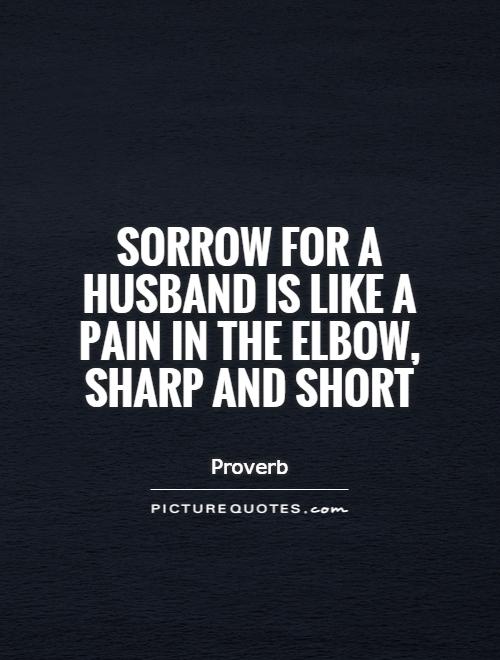
Sorrow for a husband is like a pain in the elbow, sharp and short
The proverb "Sorrow for a husband is like a pain in the elbow, sharp and short" speaks to the idea that the grief experienced by a wife upon losing her husband is intense but fleeting. Just as a sharp pain in the elbow can be sudden and intense but quickly subsides, so too does the sorrow felt by a widow.This proverb reflects the traditional gender roles and expectations that have long been ingrained in many societies. Historically, women were often expected to be dependent on their husbands for emotional support, financial stability, and social status. Therefore, the loss of a husband was not only a personal tragedy but also a significant disruption to a woman's life and identity.
The comparison of sorrow for a husband to a pain in the elbow suggests that the grief experienced by a widow is acute and intense, much like a sudden physical pain. However, just as a sharp pain in the elbow eventually fades away, so too does the sorrow felt by a widow. This proverb implies that while the initial shock and grief of losing a husband may be overwhelming, it will eventually diminish over time.
Furthermore, the use of the elbow as a metaphor for grief is particularly poignant. The elbow is a joint that allows for flexibility and movement, symbolizing the idea that grief is a natural and necessary part of the healing process. Just as the elbow can bend and adapt to different situations, so too can a widow learn to cope with the loss of her husband and eventually move forward with her life.
Overall, the proverb "Sorrow for a husband is like a pain in the elbow, sharp and short" encapsulates the complex emotions and experiences that come with losing a spouse. It acknowledges the intensity of grief while also highlighting the resilience and strength of those who are left behind.



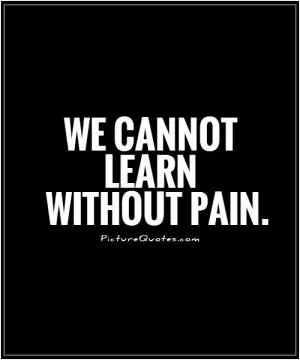
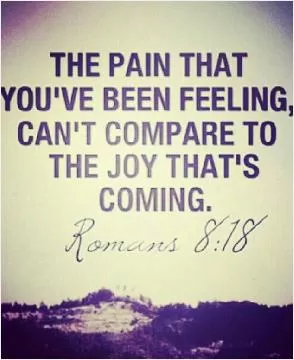
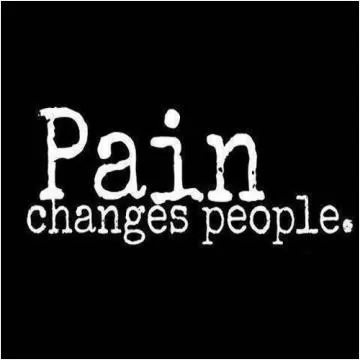

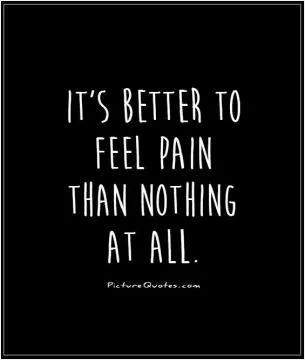
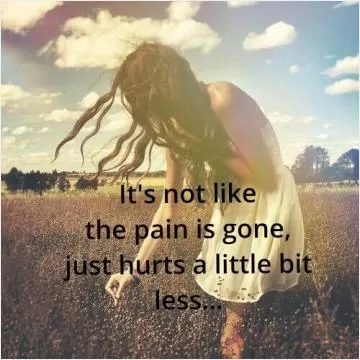
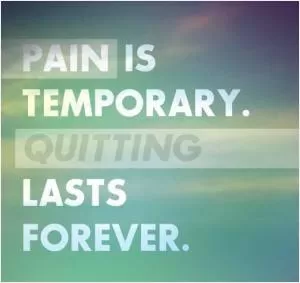
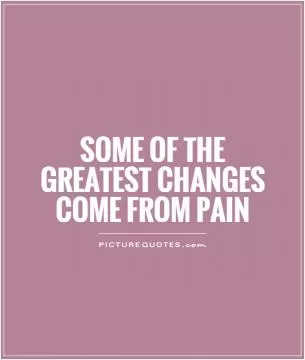
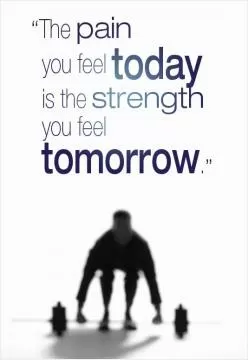
 Friendship Quotes
Friendship Quotes Love Quotes
Love Quotes Life Quotes
Life Quotes Funny Quotes
Funny Quotes Motivational Quotes
Motivational Quotes Inspirational Quotes
Inspirational Quotes